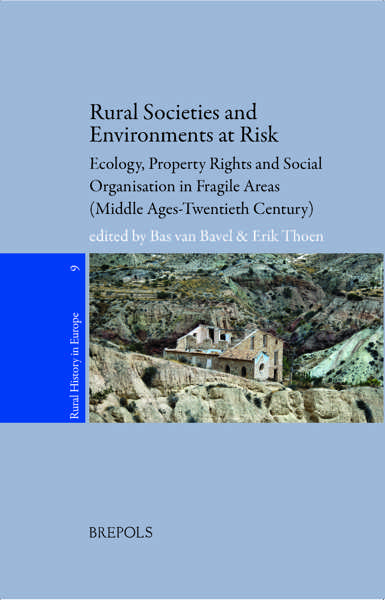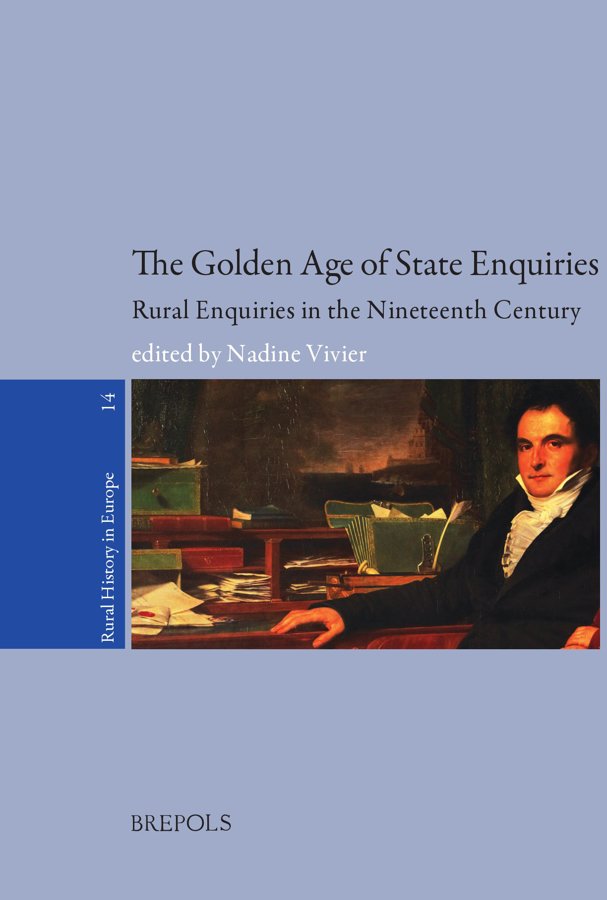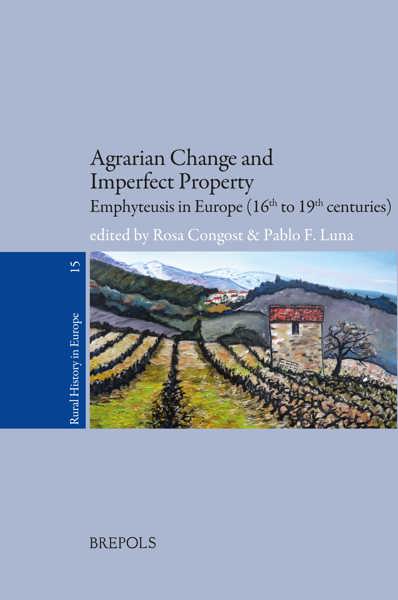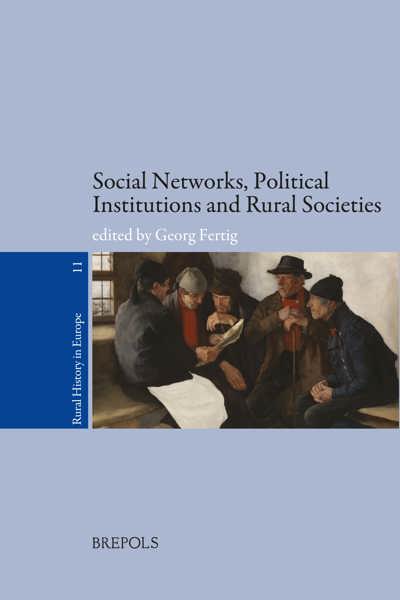
The Golden Age of State Enquiries
Rural Enquiries in the Nineteenth Century. From Fact Gathering to Political Instrument
Nadine Vivier (ed)
- Pages: 291 p.
- Size:156 x 234 mm
- Illustrations:2 b/w, 10 tables b/w.
- Language(s):English
- Publication Year:2014
- € 85,00 EXCL. VAT RETAIL PRICE
- ISBN: 978-2-503-55284-2
- Paperback
- Available
- € 85,00 EXCL. VAT RETAIL PRICE
- ISBN: 978-2-503-55936-0
- E-book
- Available
The heart of the nineteenth century was the golden age of state enquiries in Europe. This international comparative study highlights the importance of transnational cultural tranfers and the enquiries as a means of construction of the nation state.
"Auf wenn im Rahmen dieser Rezension nicht alle Beiträge gewürdigt werden können (...), so lässt sich doch abschließend festhalten, dass es sich hier um einen interessanten Sammelband handelt, der (...) ein wichtiges und bislang zu wenig untersuchtes Forschungsfeld umreißt." (Michael C. Schneider, in: H-Soz-Kult, 27.10.2015)
Nadine Vivier is Professor of social and economic history at the University of Maine (Le Mans, France). Her research interests focus on rural societies from 1750 to 2000 in France and in Europe.
Any state intervention in society requires a high degree of knowledge. This is usually given by a state-sponsored enquiry. Some of these surveys can be traced back to Antiquity, but by the nineteenth century enquiries proved to be different because the nature of the state and the distribution of political influence had changed, and the scientific and financial means to investigate had progressed. This new context prompted states to launch large enquiries to assess transformations in the rural world: new techniques, opening to long distance trade. The heart of the nineteenth century was the golden age of state enquiries. Inspired by the nascent sociology, they fulfilled the desire for scientific knowledge accessible to everyone and the search for innovative solutions for the improvement of agriculture and rural life.
The present volume does not focus on the content of the enquiries; it examines their origins and functioning as new and important objects of historical research, with fourteen studies gathered from twelve countries. The main focus is on Western Europe, with broadening perspectives to the East (Ottoman Empire) and West (Canada and Mexico). The international comparative perspectives highlight the importance of transnational cultural transfers in the nineteenth century. French and British methods were considered models of progress and of a civilised state. Statistical methods and the needs of the administration were discussed and adapted in each state according to their conception of state power, in a context of the construction of the nation state.




